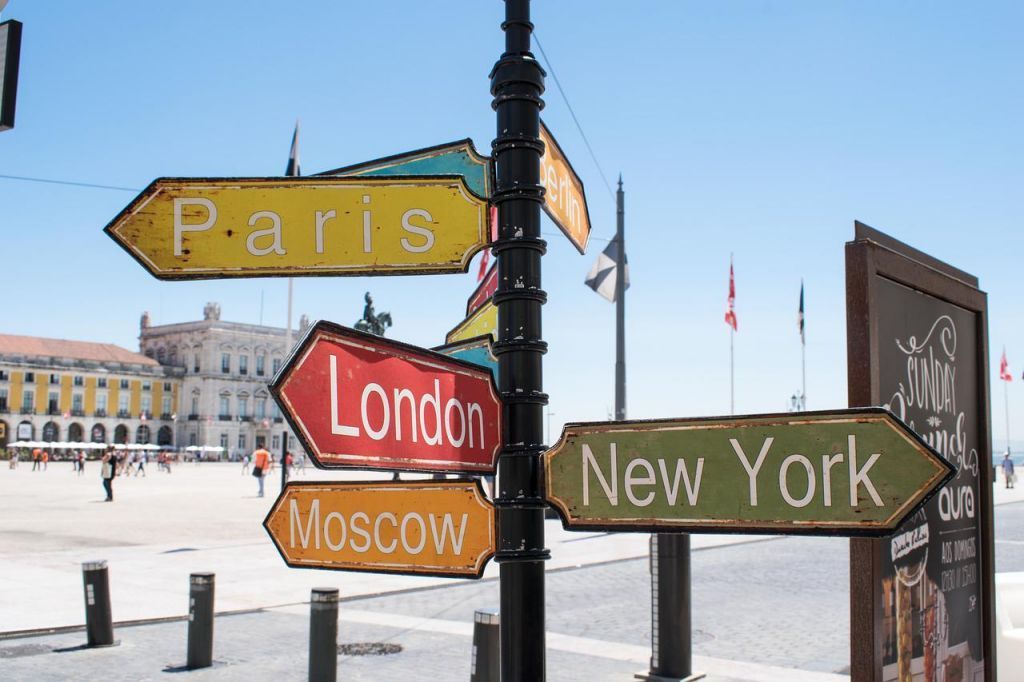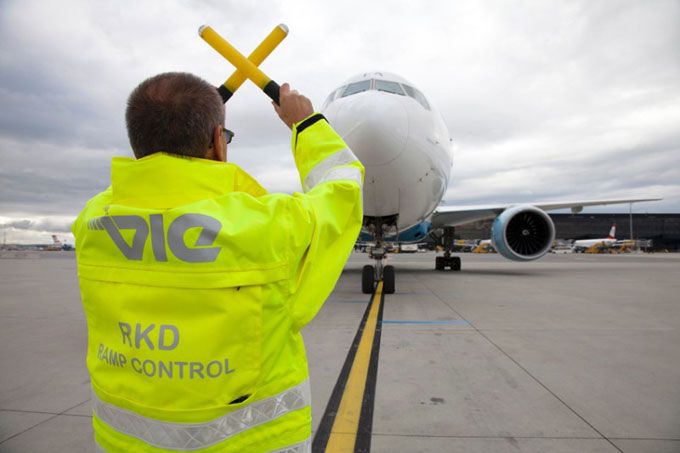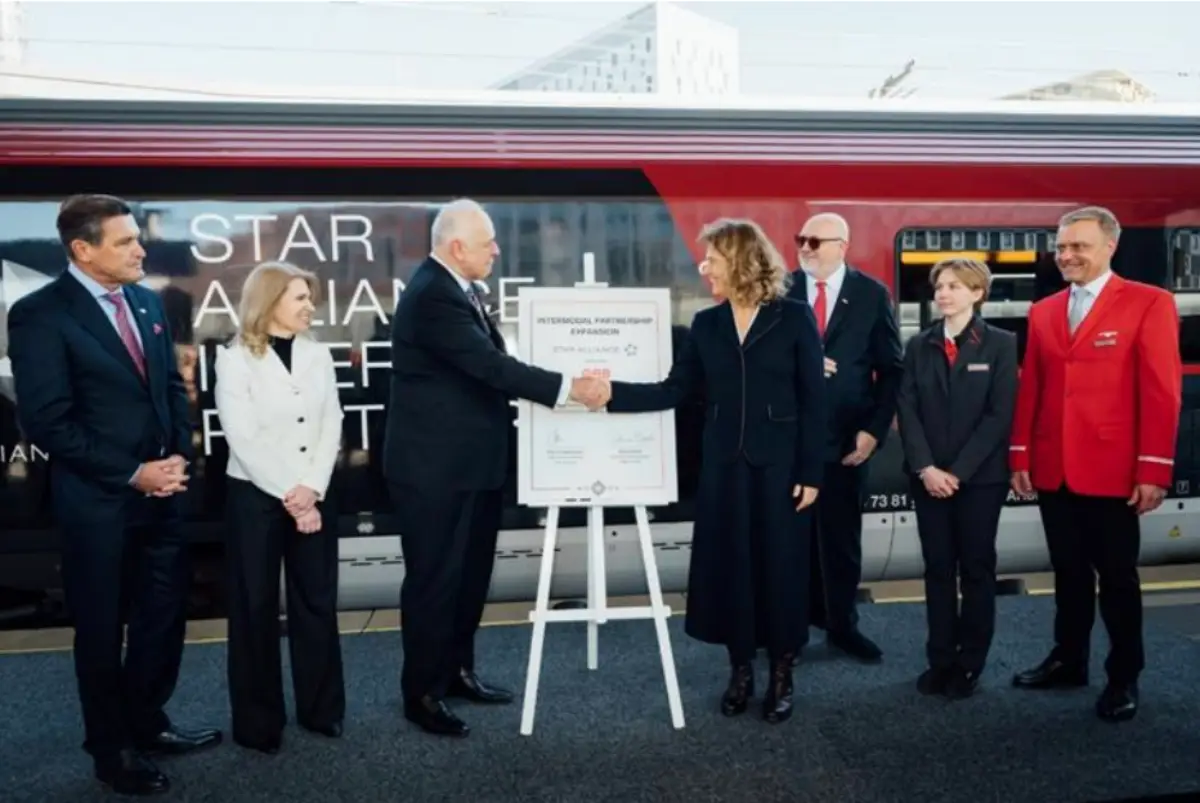Many travelers are members of multiple loyalty programs, and the role of these programs is often insignificant when choosing between different hotels, a new study from the University of Eastern Finland shows.
Tourists use loyalty programs when it’s convenient and when they offer instant perks and rewards. The findings were reported in Tourism Management.
Traditionally, loyalty programs are regarded as one of the best ways to increase customer loyalty and cash flow. Many tourism sector operators – and many hotel chains in particular – have their own loyalty programs. These programs seek to enhance customer satisfaction and to commit customers to a single chain or company. Earlier studies have shown that loyalty programs can be beneficial for hotels, but they need to be designed properly.
Business and leisure travelers have significantly different wishes
The study found that business and leisure travelers have significantly different preferences regarding the perks and rewards offered by loyalty programs, and their preferences were also affected by travel frequency. The more leisure travel a person undertakes per year, the more important the level of the room becomes. For frequent business travelers, on the other hand, convenient location and good customer reviews are less important than for occasional business travelers. Furthermore, leisure travelers turn to loyalty programs for instant rewards, whereas business travelers tend to accumulate perks over a longer period of time.
“Our findings highlight the importance of designing loyalty programs for different traveler types. Business travelers look for different things than leisure travelers, and those travelling a lot look for different things than those travelling less frequently. Loyalty programs should be designed to cater to the needs of frequent travelers. This way, it is possible to avoid a situation where travelers sign up for multiple loyalty programs to get instant rewards,” Research Manager Juho Pesonen from the University of Eastern Finland says.
The study was carried out in cooperation between the University of Eastern Finland and the Finnish hotel chain Lapland Hotels. A total of 1,315 people responded to the survey.













